TEHRAN(Bazaar) –Shireen Tahmaasb Hunter, a professor of political science at Georgetown University, tells that she has always been skeptical of Biden's seriousness in reviving the JCPOA, especially that he has always been more sensitive to Israel's concerns than Obama was.
She says: “I don't see any rapid change in the current situation regarding talks on the JCPOA.”
Following is the text of the interview:
Q: Jarrett Blanc, the U.S. deputy special envoy for Iran and one of the main players in the indirect negotiations with Iran's nuclear program, plans to soon leave the Ministry of Foreign Affairs and Robert Malley's team and join the Ministry of Energy. What is the reason for this change?
A: It is difficult to say what are the real reasons for Mr. Blanc's departure from the Department of State. This may be a simple change or it might reflect the further loss of interest by the Biden administration in resuming talks with Tehran on reviving the JCPOA.
Q: The Axios sees this change as another sign that the Biden administration believes that there is no way to return to the JCPOA at the moment. what is your opinion?
A: Axios might be right in its surmise. But it also could be that it is reading too much in a simple career change.
Q: The leaving of Blanc can be seen as a sign of the Biden administration's lack of focus on returning to the JCPOA. If so, when are they willing to start negotiations?
A: I have always been skeptical of Biden's seriousness in reviving the JCPOA, especially that he has always been more sensitive to Israel's concerns than Obama was. Now other complications deriving from Iran's military ties to Russia have emerged which make the resumption of talks more difficult. In short, I don't see any rapid change in the current situation regarding talks on the JCPOA.
Q: The Hebrew newspaper, Israel Hum, wrote in a report that the US is making contact with Iran on various issues, and it is possible to examine the possibilities of a limited agreement with Iran on the nuclear issue. What is your assessment?
A: I don't think that, at this juncture, Washington would be willing to give Iran a respite by agreeing to a limited deal. The fact is that Iran's nuclear threat, despite all the hype, is not serious in the near term. Therefore, the US could wait out Iran and, by exacerbating its internal economic and political problems, hope for a drastic change of its policies and behavior or even for a total change in its political structure.
Q: Ned Price, the spokesperson of the US Department of State, said the US has ways to communicate with Iran regarding several worrying issues, including the issue of the release of American citizens detained there. The nuclear agreement has not been on Washington's agenda for months. We do not focus on this issue, but rather on the growing military involvement of Tehran and Moscow and Russia's war in Ukraine. Do you think that if a limited agreement is to be reached, the United States will link the issues of military cooperation between Iran and Russia to it?
A: As I said before, I don't foresee a limited agreement being reached. But, if there were to be such an agreement, the issue of Tehran-Moscow military ties would need to be addressed by Iran.

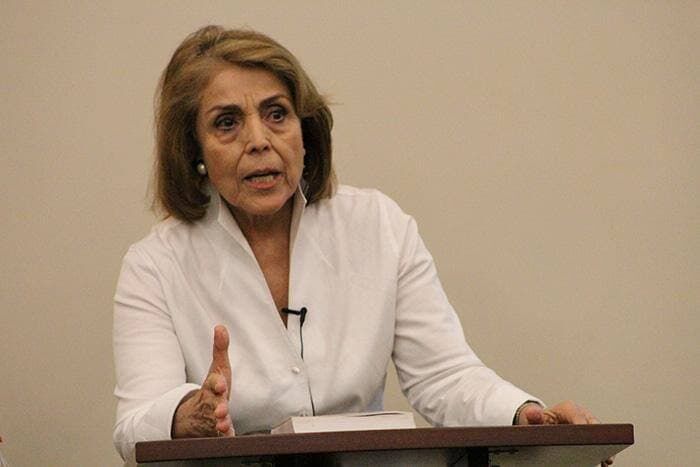




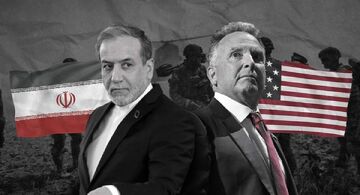

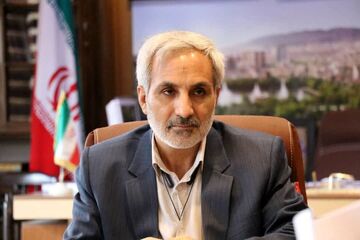



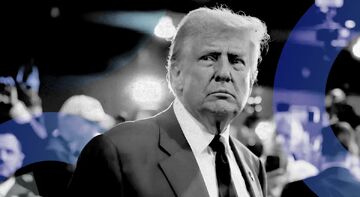


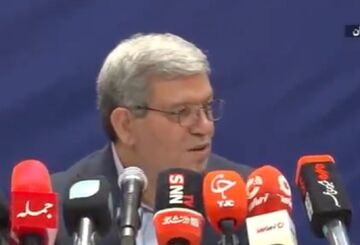
نظر شما